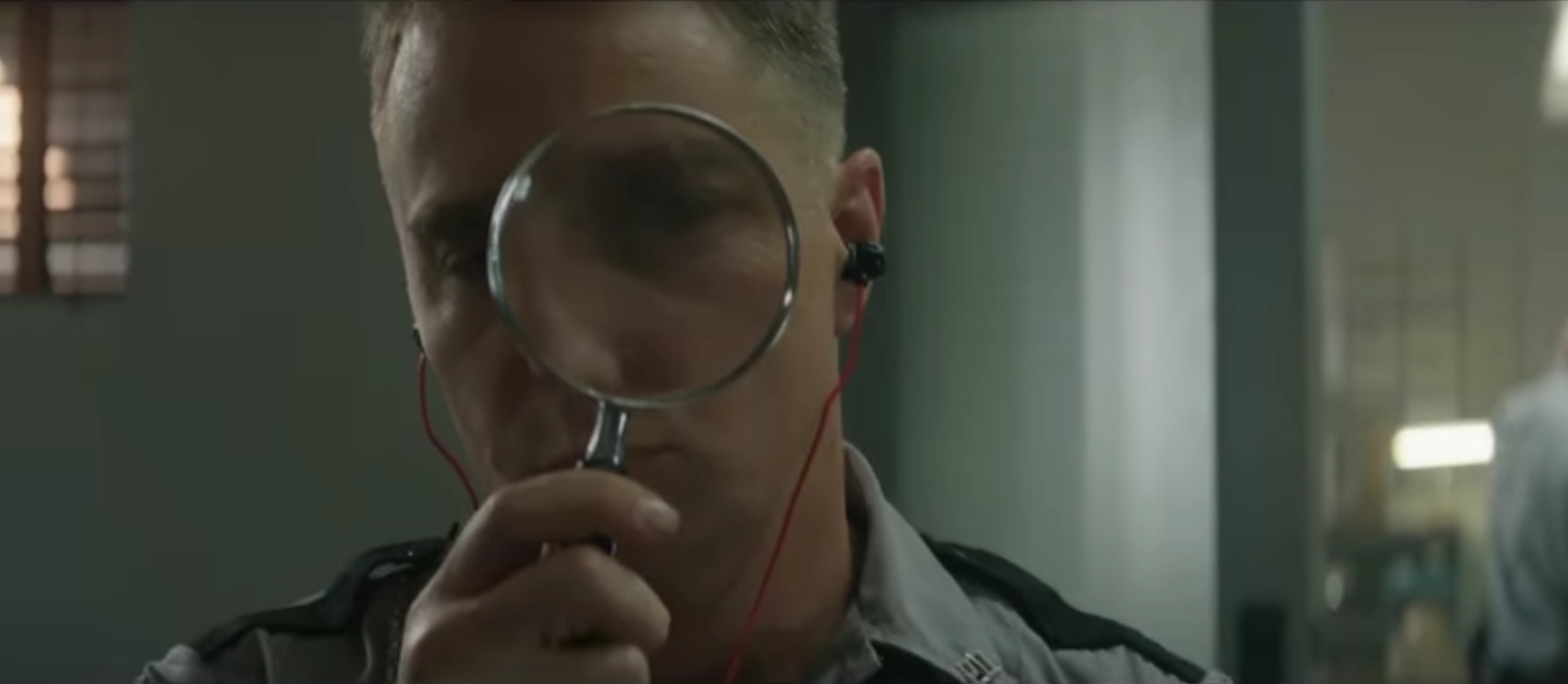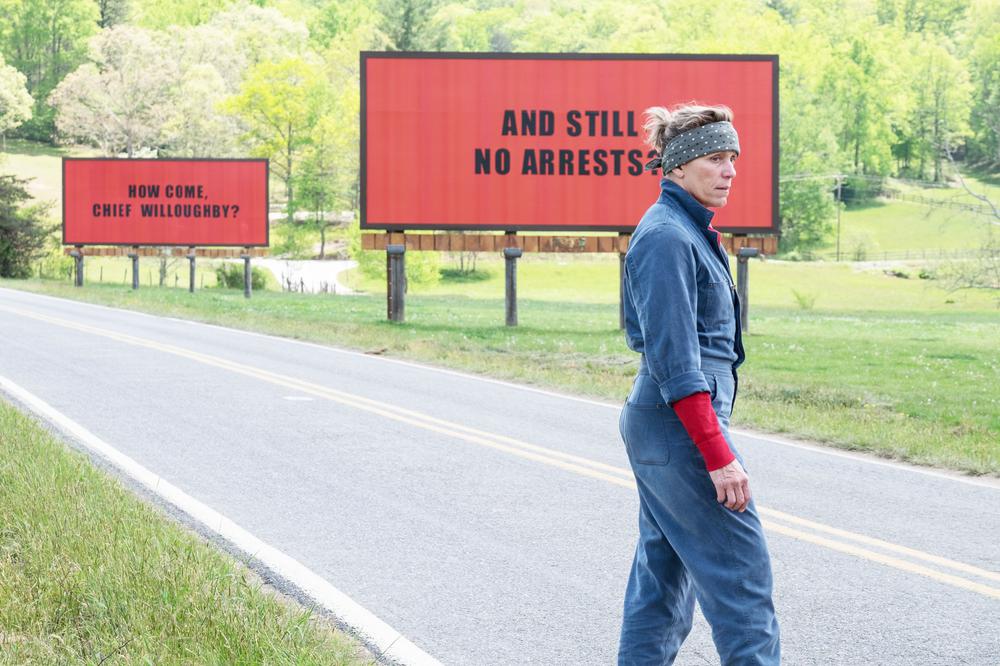

To be clear, the film is right to seek justice for a victim of sexual violence, but it should not neglect the other forms of violence that it invokes in the process. The film doesn’t seem aware of its own hypocrisy, which is that it seeks more justice for its white characters - from a white girl, to a white woman, to a bigoted white man - than it does for its Black characters, who are tropified, invisible or altogether erased.

But they should be challenging insofar as they confront the status quo, rather than remaining entrenched in outdated narratives and perpetuating erasure of Black experiences. No one’s saying Oscar-winners shouldn’t be challenging - they should. Instead, it sweeps these layers under the rug, as if they’re too complex to fit within the movie’s scope. But this objective was misguided, and the film should have stepped up to embrace any additional thematic layers it introduces when it creates a racist character. Racism is employed merely as a character device to show us that Dixon is a bad person. It begs the question: Why did McDonagh choose to establish Dixon as a violent racist in the first place, if he had absolutely zero intentions of engaging with race-related conversation? Even if you believe that Dixon is not in any sense forgiven by the end of “Three Billboards,” you can’t help but feel as if Rockwell’s Oscar, Golden Globe and BAFTA nominations feel redemptive in their own right.ĭixon’s racism has courted tremendous controversy, and it may cost the film major awards. McDonagh has argued that Dixon’s character arc has nothing to do with redemption at all and that the controversies surrounding the film’s lack of accountability are misplaced. The creators of “Three Billboards” and those who sing its praises care much more about Dixon’s apparent redemption - a redemption he accomplishes through absolutely no genuinely courageous effort of his own - and in a way that feels as if it’s only out of resignation. McDonagh, in all of his nobility, is a crusader - claiming long-awaited justice for the tragically misunderstood male bigot.īut there’s nothing tragically misunderstood about Sam Rockwell’s Dixon.

But, by the film’s end, it’s clear that McDonagh is much more interested in the character arcs of men - specifically, one who is both racist and sexist. “Three Billboards” starts as a revenge tale spearheaded by Mildred, driven to expose the systematic erasure of sexual violence against women. (This calls to mind an important question: Why does McDonagh have to make such an effort to write “ strong ” women characters? The answer is probably more of his same desire to “save” women from historical underrepresentation. Halfway through the film, Mildred fades into the background in favor of a much more simplistic and much less fascinating character: Sam Rockwell’s Dixon. Her anti-heroism works well until her character is sidelined, shoved into a representational pigeonhole that subverts any kind of progressivism that first made her shine. She’s not exactly likeable, and she shouldn’t have to be - women are expected to be polite and neat and categorically clear, but Mildred refuses to be any of those things. Suddenly, the film is no longer about justice for those impacted by sexual violence - it’s about redeeming characters who are at best terrible and at worst actively harmful.įrances McDormand’s Mildred seems like a promising character at the start of “Three Billboards.” She’s justice-driven, headstrong, abrasive and a product of the environment she lives in she becomes a walking embodiment of the moral gray area. “Three Billboards” isn’t about its central female character after all, but rather the white men who fail to help her. Roughly a third of the film is thoughtful, beautiful and powerful.
THREE BILLBOARDS OUTSIDE EBBING MISSOURI MUSIC HOW TO
The problem is that writer-director Martin McDonagh seems to fundamentally misunderstand how to successfully execute the first two missions, and thus fails to do either effectively. At first glance, “Three Billboards Outside Ebbing, Missouri” seems like a film reflective of our time: It provokes racial discourse and aims to present a compelling female lead, while presenting the politics and psychology of middle America.


 0 kommentar(er)
0 kommentar(er)
